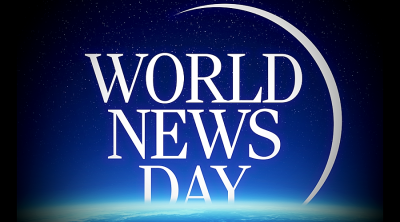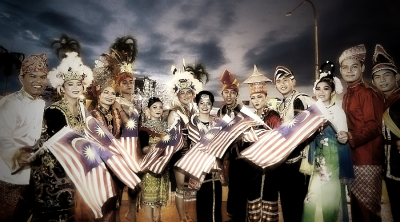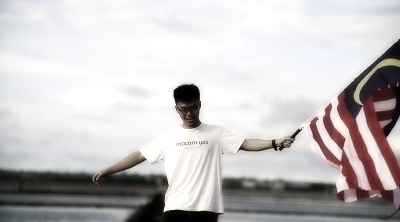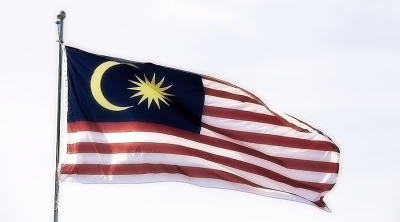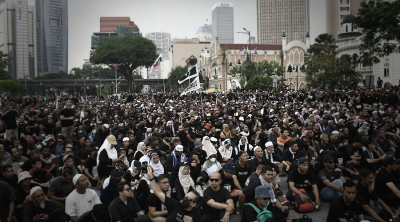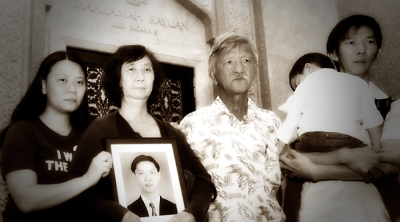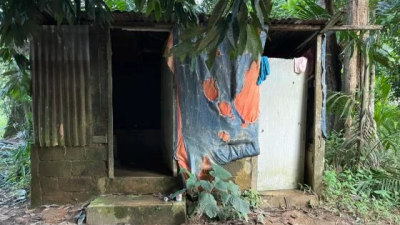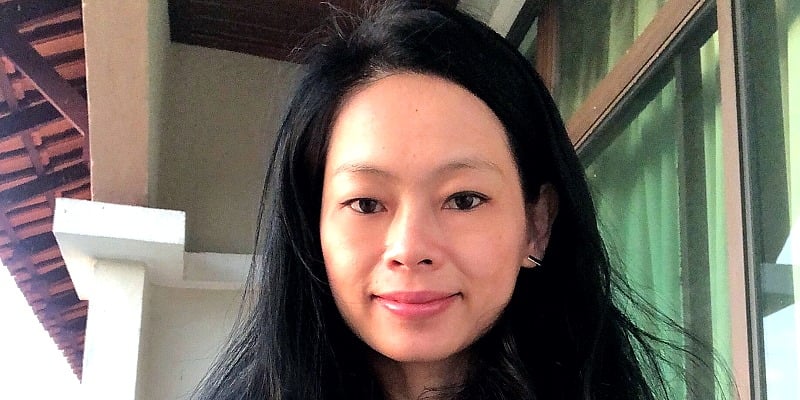
It is election season again here in Malaysia.
Recently in Penang, when Prime Minister Ismail Sabri Yaakob was asked about the possible date of the 15th general election, he responded that the decision on the date remained in the hands of the United Malays National Organization (Umno) leadership.
Umno’s “top five” refers to the party president, the deputy president and the three vice-presidents, one of whom is Ismail.
The talk of GE15 to be held anytime soon intensified when the government announced that it would bring forward the tabling of the 2023 budget to October 7 this year.
When exactly is GE15? Will it be sometime this year or in 2023? No one knows the answer. And, why should the Umno’s “top five” be given such a “mandate”? That summarizes the political landscape in Malaysia – the unequal participation.
All major political party players are in the talk on getting ready for GE15. Most are reported to be ready for GE15 should it be called anytime soon.
Now that we are in a situation where there is no one strong electoral coalition as we experienced before, many uncertainties are ahead of us.
We not only have PH, but we also have the Umno-BN coalition and Perikatan Nasional (PN) coalitions.
We also should not dismiss the smaller groups and political parties such as the Socialist Party of Malaysia (PSM). Who will win GE15 is no longer straightforward.
For instance, there were mixed reactions from political analysts and the general public when the Malaysian United Democratic Alliance (Muda) announced its intention to join the Pakatan Harapan (PH) coalition.
Its president, Syed Saddiq Syed Abdul Rahman, said Muda was ready to cooperate with PH in GE15 and the fledgling party was eyeing contesting in no more than 15 seats.
On the one hand, some are hopeful that Muda can be a party of young people that can eventually do away with Malaysian politics that are highly dominated by “old” political parties and veteran politicians.
That is the ideal version of our imagination of how our politics should move forward. Somehow, the establishment of Muda gives hope to some people, especially the younger generation, that perhaps there is hope in GE15.
However, the reality hits as MUDA is fully aware they are not strong on their own should they contest in GE15.
The reality of our political culture is that conventionally, we have been functioning with the pre-electoral coalitions where the negotiations were commonly done before the election.
However, GE14 in 2018 has shifted this model, as we see how the political parties change their coalitions in how some politicians changed their political parties so quickly within the past few years.
General elections in Malaysia have always been a mathematical game. The concern of how many candidates and from which coalition are contesting in one single seat means a lot as it can be anytime a game changer.
It is not something that every political party takes lightly, which is the reality.
Nevertheless, the ideal side of this when we look at the election is that everyone should be able to compete on the same platform with equal chances. Sadly, that is not happening here, at least for now.
How do we then move forward? What is ahead of us?
In theories of political practice and institutional framework, there is a clash between what should be done ideally and what can be done realistically.
As we are aware, GE15 is most likely not the same format as previous elections, where the country is generally divided into two powerful coalitions: pro-government vs pro-opposition coalitions.
Given this, how should our perception and attitude change?
The idea that politics should be conducted under a two-party format and that voters should ignore issues of candidate personality and constituency service and make their voting choices based on party manifestos does not reflect political reality though that is the ideal image.
It might be ideal for a government to impose high taxes on the rich, have clean and fair electoral competition, and be transparent.
We know we have a long way to go in our journey to political maturity. Most politicians would probably tell you privately that you will never see that day happen. Is our political future that gloomy?
As political institutions and governments that practice politics have evolved and continue to evolve, we cannot deny that there will be those who advocate both a realist view and those who counter with the idealist view.
This raises the point of debate where legitimacy is crucial for democracy’s existence. It signifies the extent to which citizens accept the government.
Facing such a situation, our immediate challenge is managing public cynicism about the political process. This reminds us that, at times, the more significant the gap between democratic ideals and reality, the greater the tension.
Without a doubt, the development of political parties and coalitions in Malaysia presents new opportunities and challenges.
The problem is not the regulative ideal itself but how to develop a workable method of governance that retains the political ideal and, at the same time, able to address the problems of contemporary political situations.
More importantly, what continues to be missing is strong, planned policies and strategies for the development and well-being of the country from these political parties. We should look for this when deciding whom to vote for in GE15.
(Khoo Ying Hooi is Universiti Malaya Senior Lecturer.)
ADVERTISEMENT
ADVERTISEMENT






